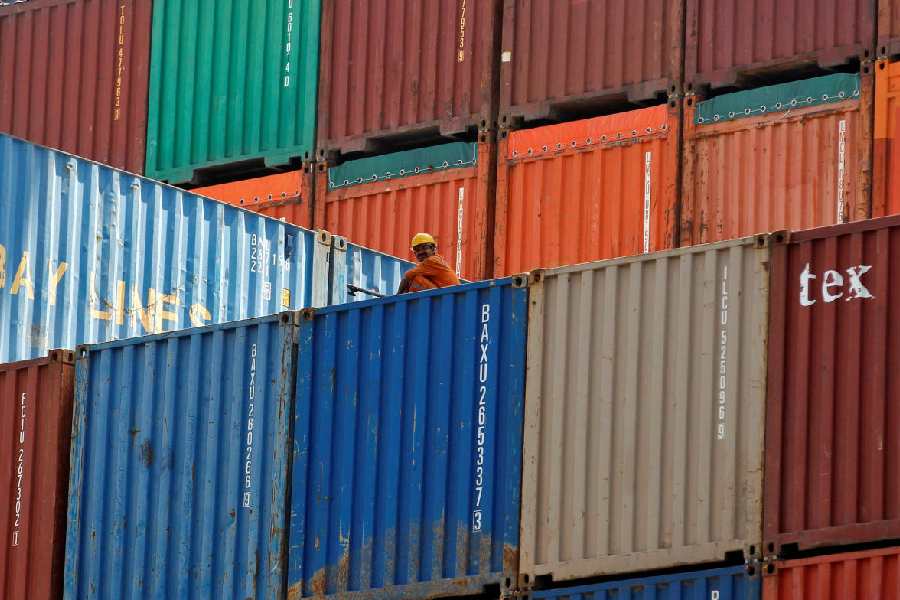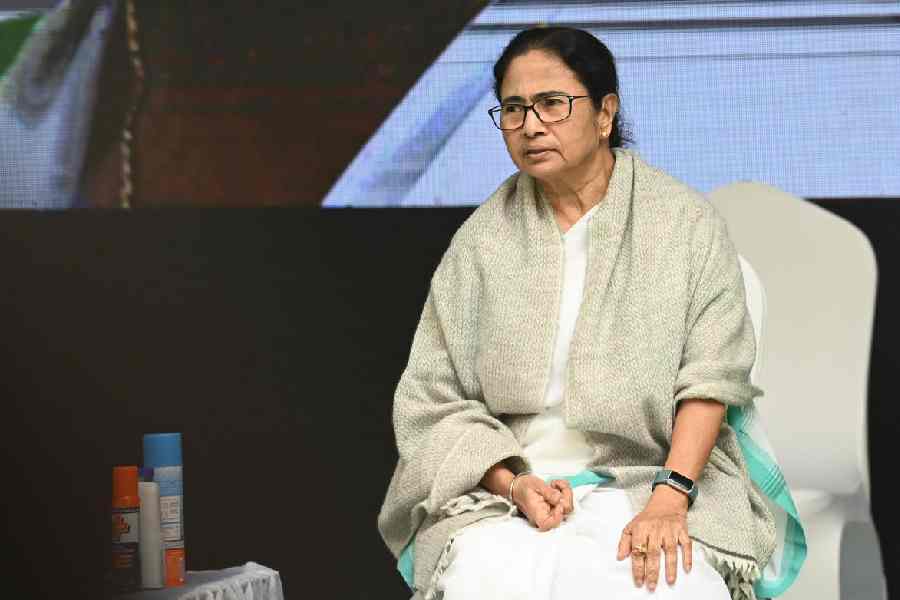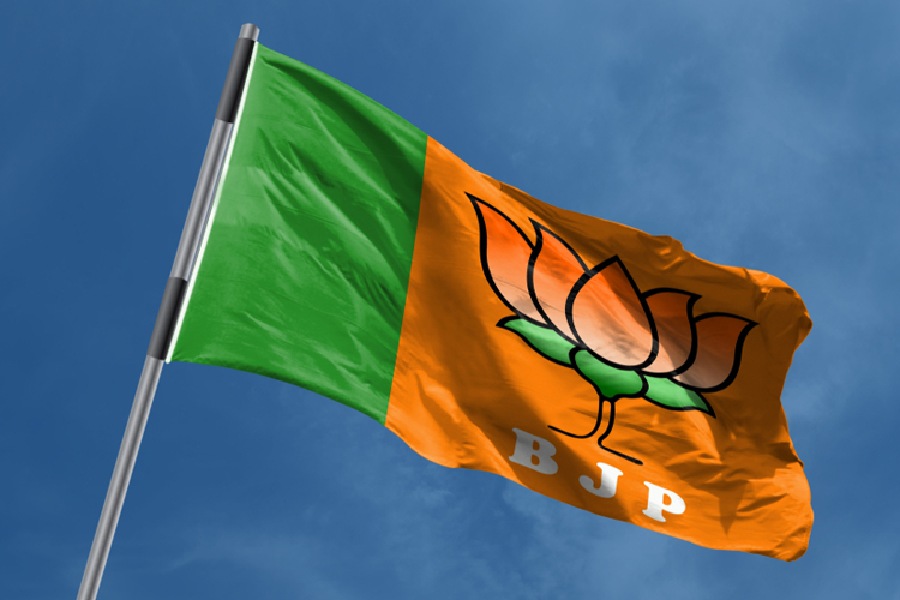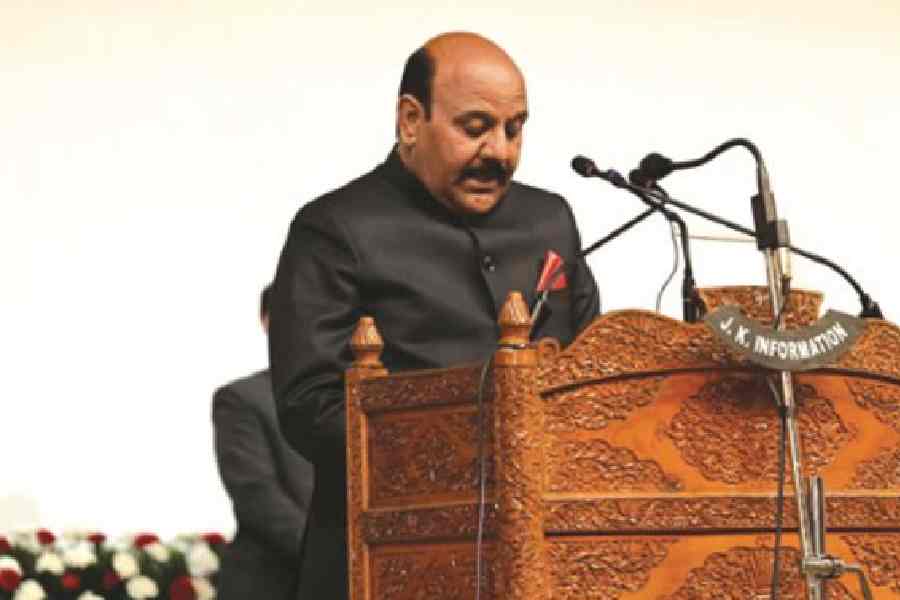Unlike China, most of the Southeast Asian countries are clamouring to woo US President Donald Trump with offers of negotiations on tariffs to keep exports flowing to the US, one of their biggest export markets.
Reports suggest that Vietnam, Cambodia and Indonesia have expressed their willingness to negotiate over the “reciprocal tariffs” while Singapore, a finance and trade hub, has ruled out the possibility of any retaliation to US tariff, ranging between 10 per cent and 50 per cent on its trading partners.
Vietnam’s attempts at pleasing the US became clear after Prime Minister Pham Minh Chinh expressed his desire to go golfing with Trump at Mar-a-Lago if it would help resolve trade issues. The country has also cut tariffs — just like India — on a slew of American products like cars, ethanol and liquefied natural gas.
Malaysian Prime Minister Anwar Ibrahim, in a social media post, said last week that he’d spoken with leaders of Indonesia, the Philippines, Brunei and Singapore “to exchange views and coordinate a collective response” to the US tariffs.
“Malaysia remains committed to fostering consensus among member states and upholding the principles of fairness and equity in all trade negotiations,” Anwar was quoted in Bloomberg. Malaysia is the current chair of the Asean group of 10 Southeast Asian countries, whose economy ministers will meet next week to deliberate broader implications of the tariffs.
The Malaysian trade ministry has, however, denied a US claim that it imposes a tariff of 47 per cent on American imports.
On the other hand, Vietnam — a key trading partner of the US that benefitted from Trump’s dislike for China as several companies shifted their manufacturing base to the country — has offered to drop tariffs on US goods and heighten imports, in order to avoid a 46 per cent tariff that Trump had announced.
About half of all Nike brand shoes and 39 per cent of Adidas shoes are made in Vietnam, according to regulatory filings, with the country being the largest supplier of footwear for both companies.
Vietnam has been among Asia’s fastest growing economies, which expanded about 7.1 per cent last year. It also has one of the biggest trade surpluses with the US, about $100 billion, which probably prompted Trump to accuse the country of taking advantage of the US “even worse than China”.
Cambodia, among the poorest countries to be affected and facing the highest US tariff of any Asian economy, at 49 per cent, promised to slash its own duties on US goods and promote their imports, reported Bloomberg.
At the same time, Indonesia, which faces a 32 per cent US tariff, pledged to ease trade rules and is sending a delegation to Washington next week.
Italy cautious
Italian economy minister Giancarlo Giorgetti warned on Saturday against the imposition of retaliatory tariffs on the US in response to Trump’s announcement of sweeping import duties on trade partners, reported Reuters.
Speaking at a business forum near Milan, Giorgetti said Italy was aiming for a “de-escalation” with the US.
“We should avoid launching a policy of counter-tariffs that could be damaging for everyone and especially for us,” Giorgetti said, adding “we must try to keep a cool head”.
To offset the negative economic impact the tariffs were likely to have, Giorgetti said the European Union should allow member states to raise spending without breaching the bloc’s fiscal rules.
High-debt Italy frequently calls on the EU to allow more budget leeway.










